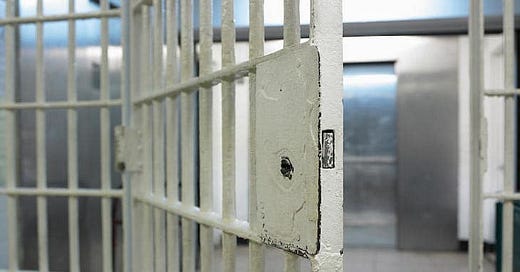Interview: Joe Berlinger On ‘The System,’ the Problem With Nonfiction Television Today and Going In Front of the Camera For the First Time
This Sunday night, Al Jazeera America will premiere a new documentary miniseries called The System with Joe Berlinger. It’s an eight-part examination of faults and issues with the American justice system, each episode focused on a different controversial topic. For instance, there are episodes titled “Flawed Forensics” and “Mandatory Sentencing” and “Pr…
Keep reading with a 7-day free trial
Subscribe to Nonfics to keep reading this post and get 7 days of free access to the full post archives.



